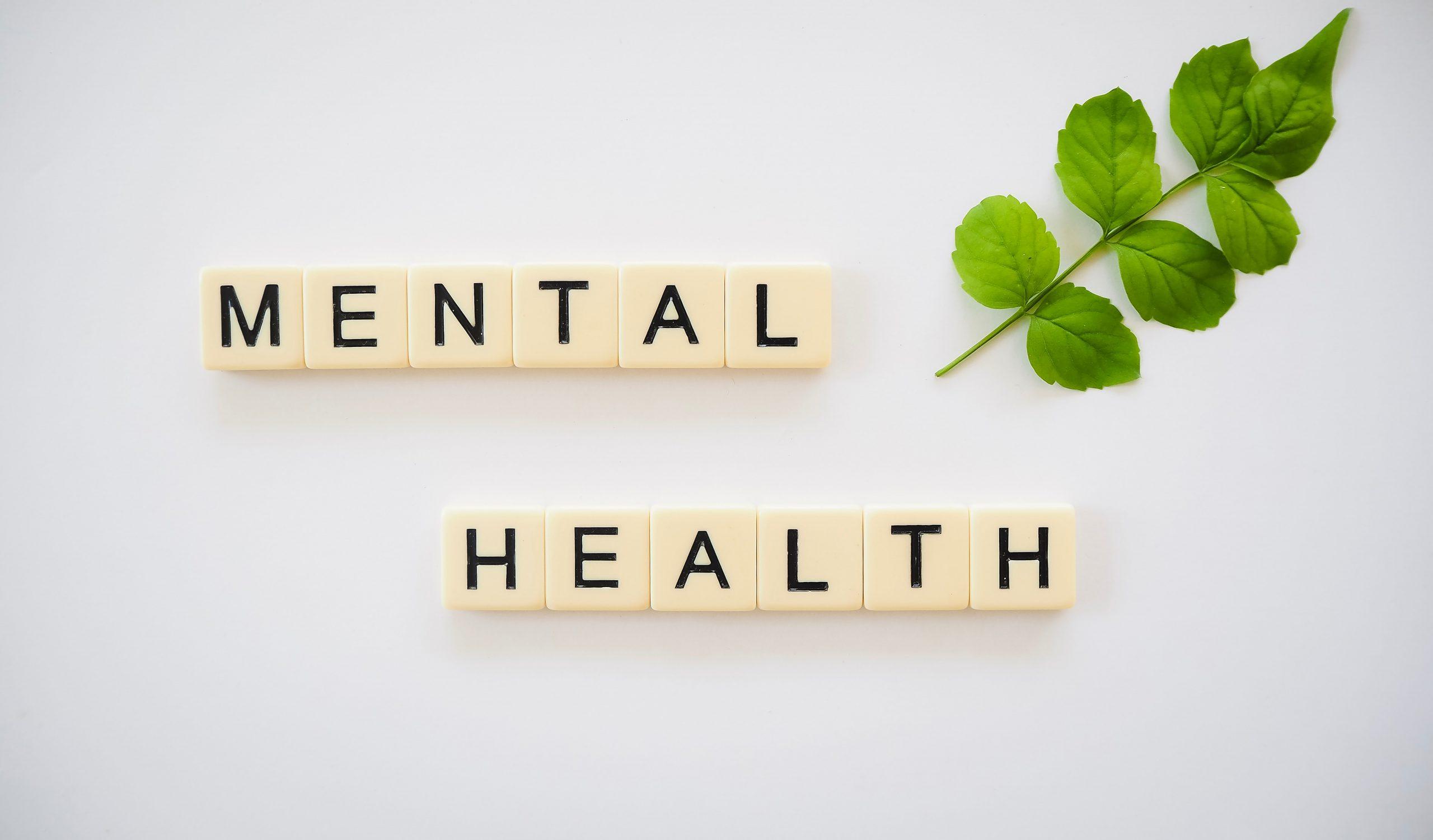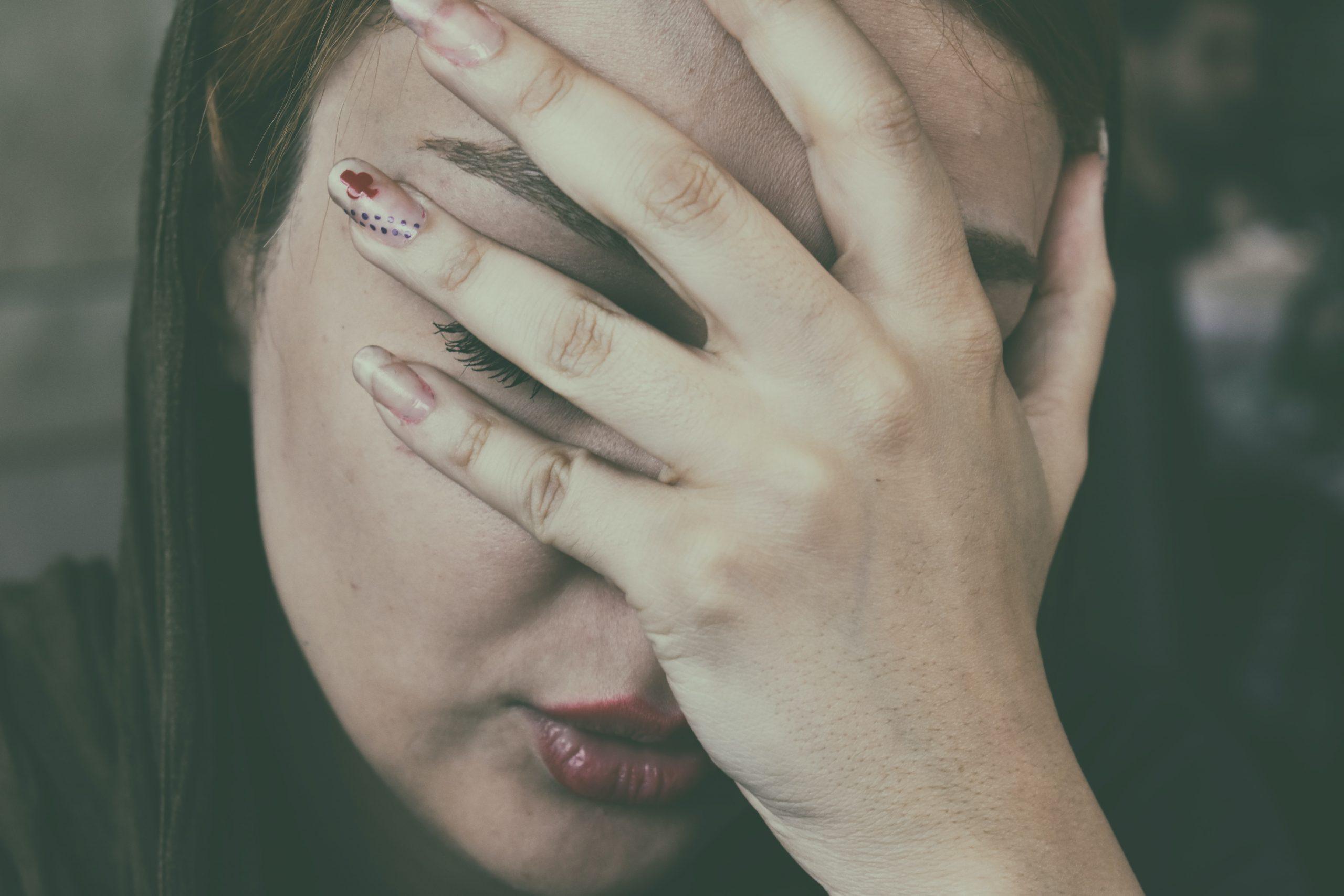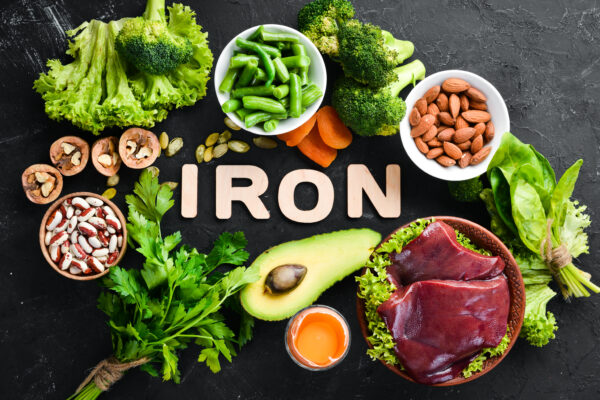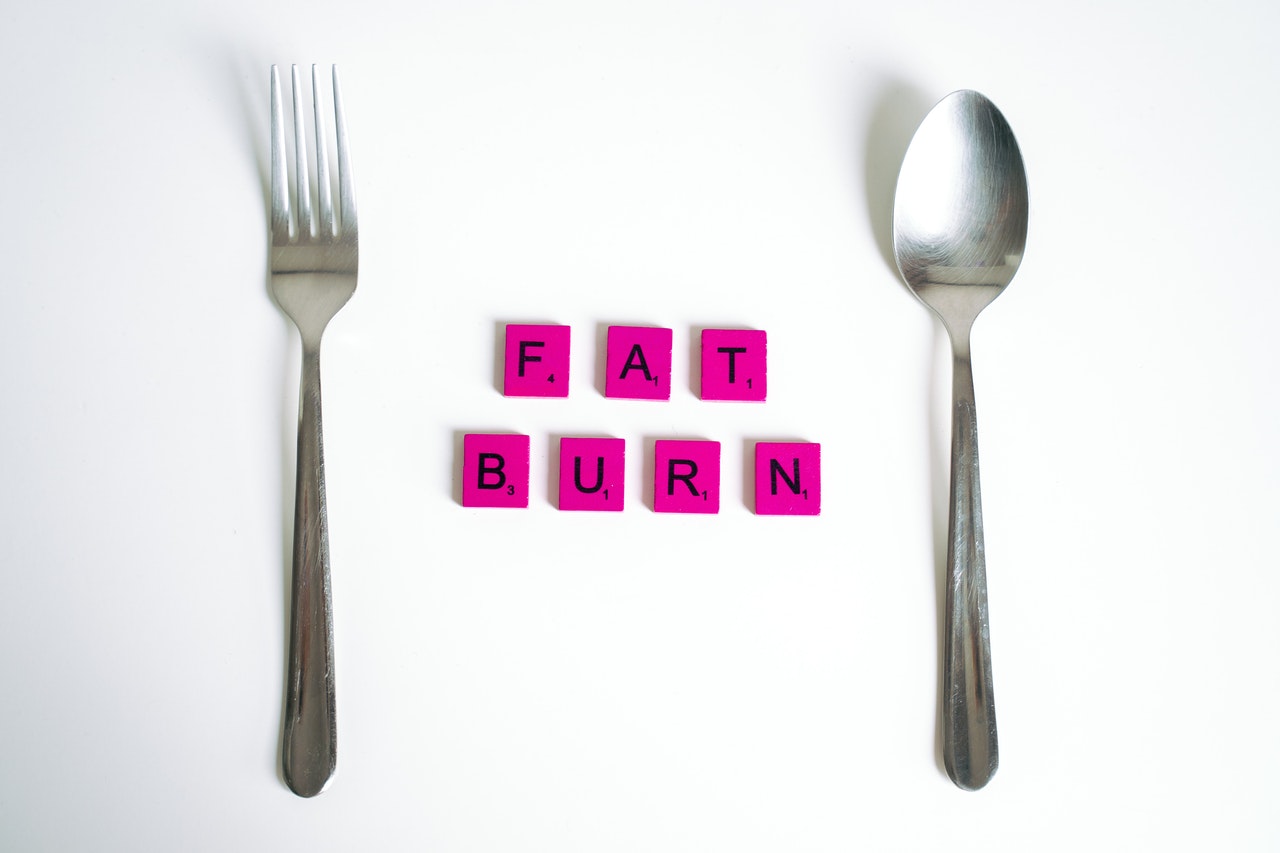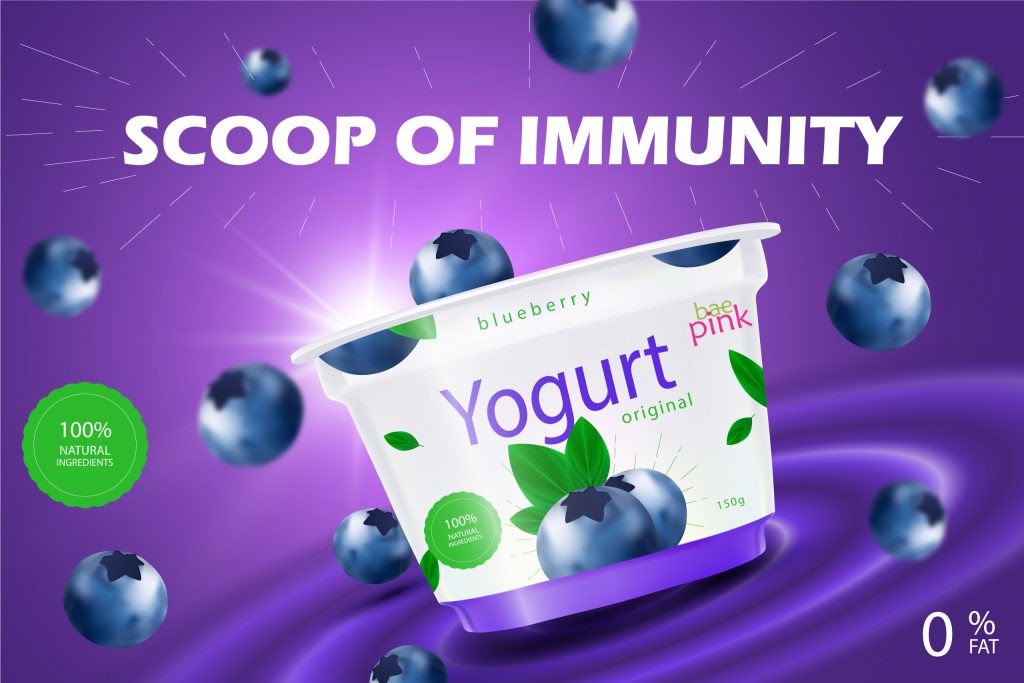The next generation of probiotics for better mental health – Psychobiotics.
Psychobiotics are defined as probiotics confer mental health advantages to the host when ingested in a particular amount through interaction with commensal gut bacteria.
The World Health Organization (2018) reported that depression affects more than 300 million people worldwide. Many people also suffer from anxiety. This does not only have a negative effect on the health of those suffering from them, but also on their life quality.
Mental disorders
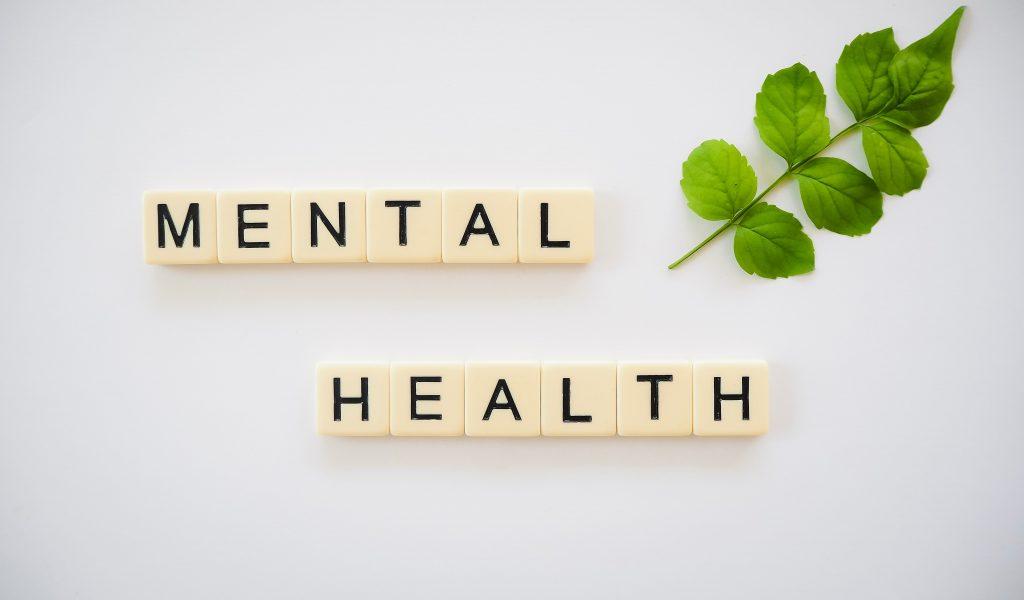
Anxiety is characterized by an uneasy feeling about the future, like fear and uncertainty. On the other hand, depression is a serious mood complaint with severe symptoms like sad and anxious mood, irritability, pessimism, fatigue, changes in sleeping patterns, and suicidal thoughts.
Current research reported that both disorders are triggered by the interaction of environmental, psychological, genetic, and biological factors. There are numerous therapeutic options to treat these diseases. Still, these options often take a long time to work, causing mood swings, changes in sleeping patterns, dependence and addiction, and health affections in other parts of the body.
MDD – Major depressive disorder is a complex psychiatric disorder of unknown aetiology that will affect up to 20% of the population at some point in their lifetime, and is the leading cause of disability worldwide.
MDD is characterized by low mood or loss of interest and is frequently accompanied by feelings of guilt, hopelessness, and changes in appetite and sleep, MDD significantly impairs daily functioning like work and school performance and social relationships.
Psychobiotics and mental health
Many experts believe that there’s a strong connection between the gut, which refers to the gastrointestinal tract, and the brain. This connection is known as Gut-Brain Axis (GBA). This links your central nervous system, which includes the brain and spinal cord, to the gastrointestinal tract.
Gut bacteria influence behavior, and both depression and anxiety symptoms are directly associated with alterations in the microbiota.
The action mechanisms by which bacteria exert their psychobiotic potential have not been completely understood. Also, Probiotics have been shown to possess both antioxidant and free radical scavenging abilities, & also increase the production of gamma-aminobutyric acid (GABA) and improve absorption of other nutrients.
Although in its early stages, the arising field of human microbiome research has shown that gut microbiota may also play a vital role in influencing brain development, behaviour, and mood in humans.
In one recent study, healthy female volunteers consumed a fermented milk product with a mixture of probiotics, such as Bifidobacterium animalis subsp. Lactis, Lactococcus lactis subsp. Lactis, Lactobacillus bulgaricus, and Streptococcus thermophilus for 4 weeks. Results showed that probiotic consumption impacted brain activity in emotional centres in healthy individuals.
Bidirectional communication between the gut microbiome and the brain can happen across numerous physiological channels, including neuroendocrine & neuroimmune pathways and the autonomic nervous system.
Bacteria found within the gut can release neurotransmitters which can also be found within the central nervous system. For example, some evidence suggests that a strain of Lactobacillus Brevis (which can be termed a psychobiotic) can produce GABA. Monoamines play a major role in brain-gut microbiome axis signalling; which includes serotonin, as well as its precursor tryptophan, a crucial target in the treatment of major depression.
Also, initial evidence suggests that the diversity of the gut microbiota may be correlated to brain structure as well. This bidirectional communication between the brain and the gut microbiota can affect stress, as well as cognition.
Psychobiotic Strains
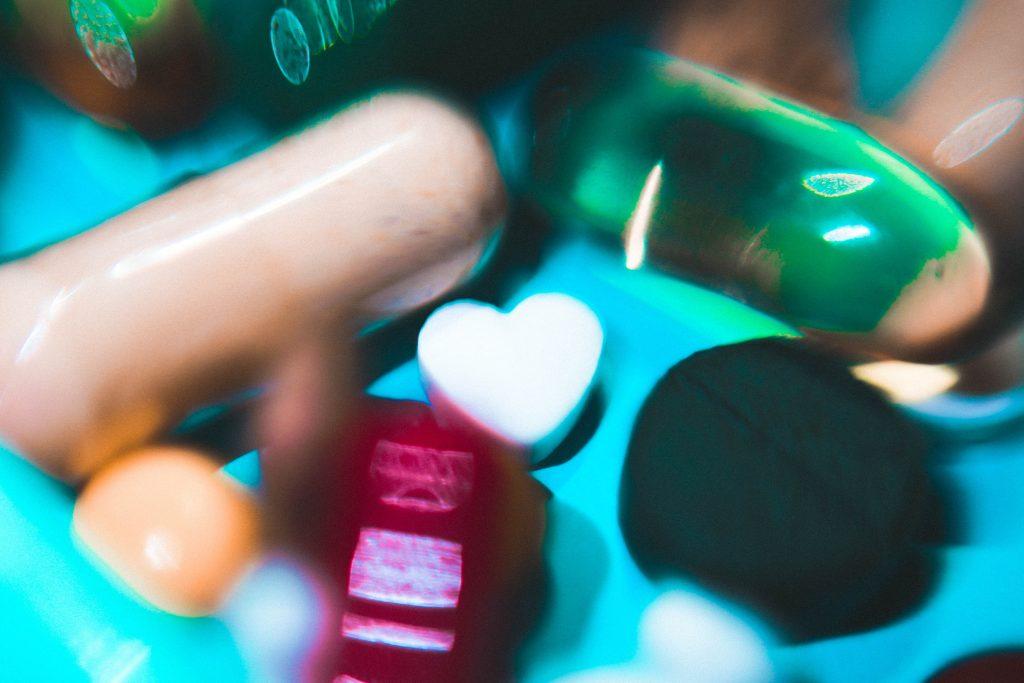
There are numerous different species and strains of probiotics that inhabit the gut and that are readily available in certain foods and in supplements likewise, but the beneficial impacts on health that probiotics confer are species and strain-specific.
Many Lactobacillus and Bifidobacterium strains have been studied with respect to mental health and seem to show the most beneficent effects, as opposed to other species like Streptococcus and Bacillus. Yet not identified the most beneficial strains or combinations of strains for improving mental health. Both the species L. helveticus and B. longum have been shown to impact the gut-brain axis.
One of the studies indicates that treatment with probiotics may improve symptoms associated with MDD by increasing serotonin availability or decreasing levels of inflammatory markers. The potentiality of probiotics to be used as a novel treatment for MDD & could have a major effect on those seeking antidepressant treatment by reducing the stigma, latency and side effects associated with typical antidepressants.
Along with probiotics, some prebiotics is categorized as psychobiotics. Prebiotics are specific non-digestible food constituents (including non-digestible oligosaccharides) which widely feed intrinsic beneficial bacteria, consequentially stimulating their growth and activity with notable effects on brain development and function. Till now, Galactooligosaccharides (GOS) and Fructooligosaccharides (FOS) have been the most studied prebiotics, showing promising effects in animal and human trials.
Further research is needed to determine probiotics’ effectiveness for relieving depressive symptoms, as well as the ideal duration of treatment, dosage, and strain of probiotics for achieving efficacy in terms of mental health.


